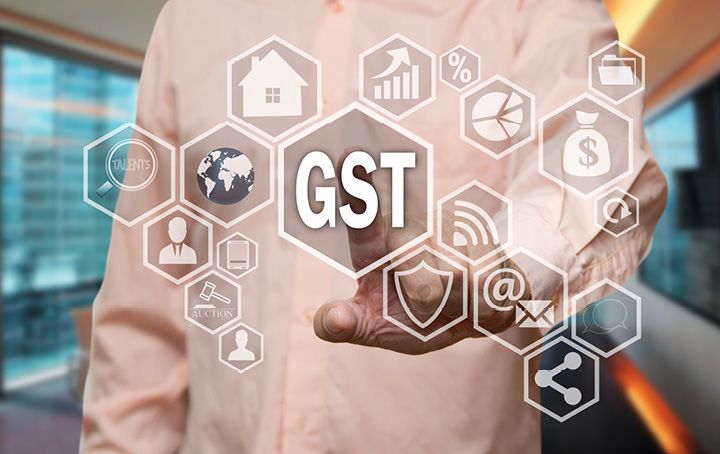GST applies to sale of low value goods from 1 July 2018. Did you know from 1 July 2018, GST will apply to sales of all goods to Australia. The previous $1,000 low-value threshold will no longer apply and those businesses that meet the $75,000 registration threshold will need to register, charge and remit GST to the ATO.
 This applies regardless of where the business is based. If you’re running a foreign business that supplies low-value goods to Australia, you may be caught in the GST net from 1 July 2018. From that date the ATO will be using a number of information resources to find non-compliant businesses including:
This applies regardless of where the business is based. If you’re running a foreign business that supplies low-value goods to Australia, you may be caught in the GST net from 1 July 2018. From that date the ATO will be using a number of information resources to find non-compliant businesses including:
- financial data tracking that follows the flow of funds from purchasers to suppliers overseas;
- customs data on details of imports into Australia;
- information from other countries obtained through information sharing arrangements;
- online investigations to identify websites and businesses involved in supplying goods to consumers in Australia; and
- reports of non-compliance from individuals or businesses.
According to the ATO, it will treat businesses differently based on their compliance category.
Those businesses that are “willing to do the right thing” (ie registered for GST as required, made necessary changes to their business systems, collected GST as required, reported and paid GST collected by the due date) or are “mostly compliant” (ie registered for GST, made a genuine attempt to collect, pay and report GST but have difficulty with any or all of these) will not be contacted unless there is a mistake made, and no penalties will be imposed from 1 July 2018 to 30 June 2019.
However, those businesses that are partly compliant (ie registered for GST but have not collected, reported or paid the GST collected) or are completely non-compliant can expect the ATO to register the business for GST, calculate their liability and issue an assessment. An additional 75% administrative penalty will also be imposed (higher penalties can apply if the business is a “significant global entity) and debt recovery action will be initiated.
What legal recourse will the ATO have against non-complying businesses that are based in foreign jurisdictions and have no physical presence here, you may think. Well, according to the ATO, when the 75% (or more) administrative penalty is imposed, and becomes legally payable, it can then register a debt in a court in the business’ home jurisdiction. The ATO can also request the taxation authority in the foreign jurisdiction to recover the debt on their behalf, and may intercept funds from Australia that are destined for the business.
While these enforcement mechanisms seem robust, it should be noted that the court systems in every country differs and varies in complexity as well as time it takes to get a judgment. If the ATO chooses to go down that route, it may be mired in many procedural legal actions in foreign jurisdictions for a long time to collect a disproportionate amount of GST revenue.
Unless Australia already has an agreement with a foreign jurisdiction in relation to the collection of debts, it may be difficult to convince a foreign taxation authority of enforcement, and with the rise of so many different methods of payment over the internet, the ATO may also find it difficult to intercept payments over so many different channels.
This carrot and stick approach may work for bigger players based in western countries, but what about small to medium enterprises that are selling to Australia based in emerging economies in Asia or South America? It is one thing to identify businesses in foreign jurisdictions that are non-compliant, it may be an entirely different issue where actual enforcement is involved.
GST applies to sale of low value goods from 1 July 2018, what are my GST obligations?
If you’re confused or need help with your GST compliance obligations, we can help you sort everything out. If you are running a foreign business, we can provide you with more details of the changes coming in, the compliance involved and what you need to do. These new laws are largely untested, so you want to make sure you get it right.
Hunter Partners are Accountants, Tax Agents and Financial Planners. We can assist you with all aspect of your accounting, tax and financial planning requirements, call Hunter Partners on (07) 4723-1223.
- Hits: 3682